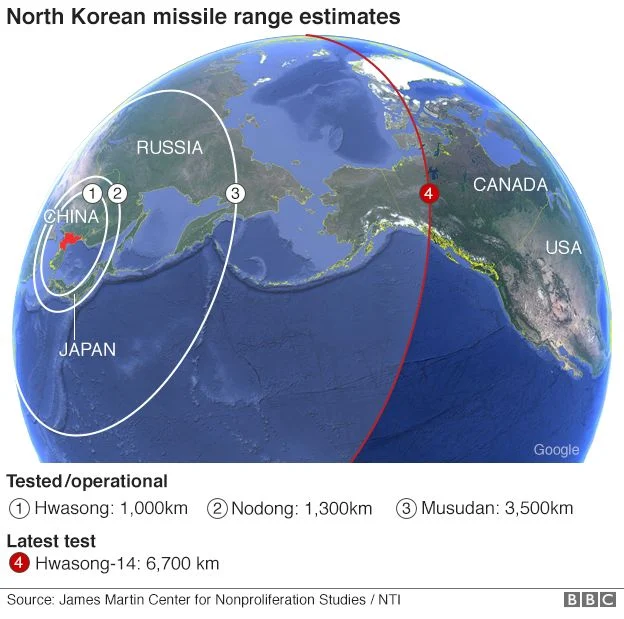European Commission President Jean-Claude Juncker has launched a bitter attack on members of the European Parliament for failing to show up.
Standing up in almost empty chamber in Strasbourg, he denounced the body as "ridiculous, totally ridiculous".
Estimating the number of MEPs at around 30, he said it proved that the parliament was "not serious".
Parliament President Antonio Tajani reacted furiously, accusing him of a lack of respect.
"You can criticise the parliament, but it's not the commission's job to control the parliament, it's the parliament that has to control the commission," he said.
But the clash continued. Mr Juncker, who is in charge of the EU's executive body, angrily rebuked MEPs for failing to attend the session reviewing the six-month presidency of Malta, the bloc's smallest member state.
It was one of the most acrimonious public rows between top EU officials in recent years.
Rows of empty seats - Adam Fleming in Strasbourg writes:
It is rare for the head of one EU institution to take such a public swipe at the legitimacy of another.
But it is true that Strasbourg feels very empty for the final session of the European Parliament before the summer holidays. I counted fewer than 100 people in the chamber this morning - and that included the officials accompanying Mr Juncker and the Maltese prime minister.
"People can't be bothered to turn up," a British MEP told me. "Some have started their seven weeks of paid holiday already," he added.
Or perhaps it is the fact that some debates in this session have been cancelled so that politicians can attend the funeral of Simone Veil - a former president of the parliament - which will be held in France tomorrow?
The parliamentary authorities will be unhappy to have been criticised so publicly by such a high-profile figure as Mr Juncker.
Malta's Prime Minister, Joseph Muscat, looked on with a broad grin as the argument unfolded. The debate was due to focus primarily on the EU's struggle to relocate 160,000 refugees from Italy and Greece.
"There are only a few members in the plenary to control the commission. You are ridiculous," Mr Juncker repeated. In total, the parliament has 751 deputies.
- English losing importance in EU - Juncker
- 'I don't own a smartphone' - EU's Juncker
- EU needs stronger defence arm - Juncker
Ignoring a further objection by the parliament president to his choice of language, Mr Juncker told the few MEPs in the chamber: "I will never again attend a meeting of this kind".
Mr Juncker complained that if Germany's Chancellor Angela Merkel or French President Emmanuel Macron had been in the chamber, it would have been full.
The spat overshadowed Mr Muscat's own assessment of the EU's response to the migrant crisis.
Describing the situation as a "fiasco", the Maltese leader called for an honest debate on Europe's values.
The vast majority of the 101,000 migrants entering Europe in 2017 so far have crossed the Mediterranean towards Italy. According to latest figures, 2,247 people have died or are missing at sea.
BBC NEWS






















